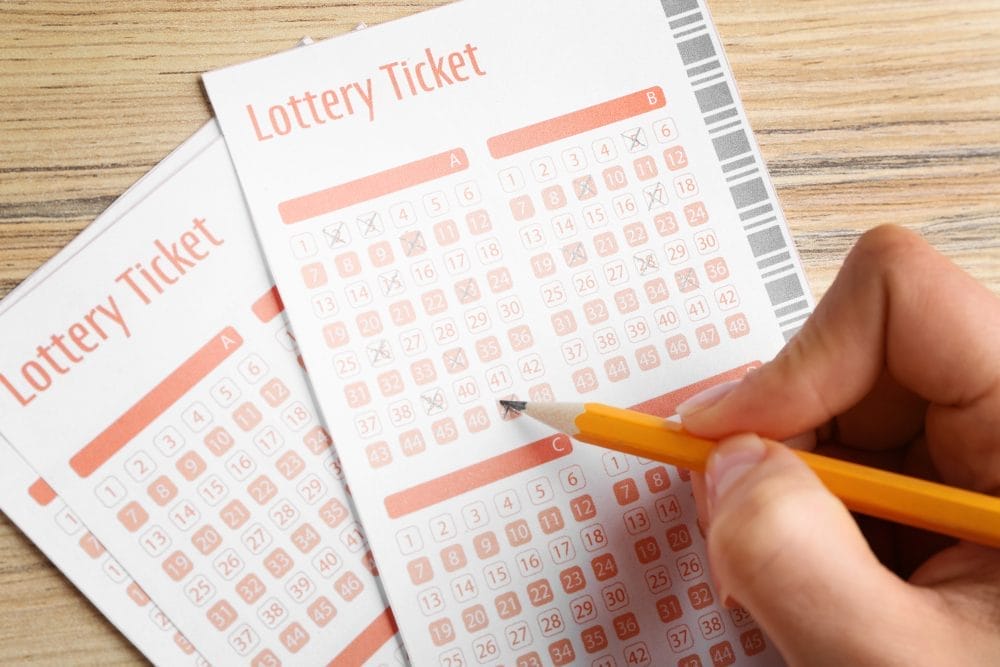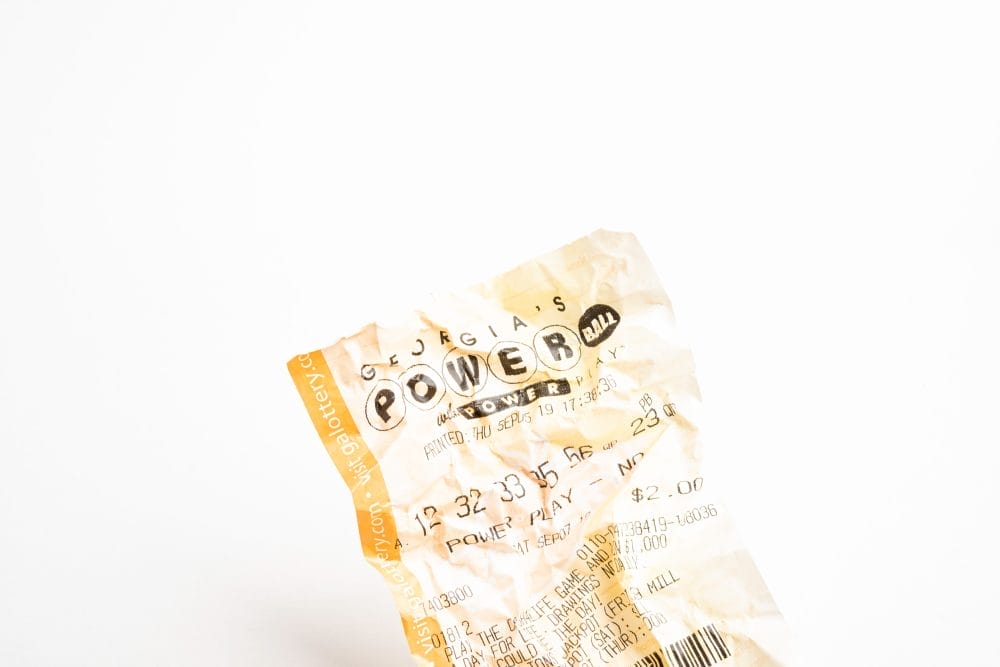Picture this: a man in line at the gas station carefully studies scratch-off designs like a Wall Street broker analyzing stocks. He taps the counter, buys five tickets, and calls it his “portfolio.” To outsiders, it seems laughable—lottery tickets as an investment? But to millions of people, buying those slips of paper feels less like gambling and more like putting money into a system that might pay out big.
The question is: why do so many people treat lottery tickets like investments, even when the odds are stacked higher than a Jenga tower in a hurricane?
The Illusion of Control
Humans love the idea that we can influence luck, even when math tells us otherwise. Choosing numbers, sticking to a “lucky” ticket, or buying from the same store creates a sense of control. People convince themselves that patterns or routines boost their chances. This mindset shifts the act from pure gambling to something resembling strategy—almost like buying stock based on market trends. The illusion of control transforms lottery tickets into what feels like an investment decision.
Hope as a Financial Asset
For many players, lottery tickets aren’t about the math—they’re about the dream. That two-dollar slip buys a week of “what if” scenarios: the dream house, the luxury car, the retirement without stress. In a sense, hope becomes the return on investment. Even though the financial payoff is unlikely, the emotional payoff feels worth the cost. That’s why people often justify tickets as “small investments” in happiness, not just money.
The Micro-Investment Mentality
Think about how some people drop spare change into stocks or crypto apps. For them, the lottery feels like the same thing: small, repeatable investments with the chance of a huge return. The difference, of course, is that stock markets have long-term upward trends while lotteries rely entirely on luck. Still, the parallel is hard to ignore: a $5 ticket feels like a “tiny risk” for a potentially life-changing outcome. The psychology of micro-investments helps explain why people defend lottery spending as if it’s a financial strategy.
Cultural Narratives Around Winning Big
Society loves a rags-to-riches story, and the lottery fuels that fantasy perfectly. Every winner plastered across the news reinforces the narrative that “it could happen to you.” Even though the odds are astronomical, the cultural weight of these stories normalizes the idea that lottery tickets are a path to success. People treat them as investments because they’re framed that way by the world around them. The jackpot winner becomes a symbol of possibility, not probability.
Accessibility Compared to Real Investments
Investing in stocks, real estate, or retirement funds can feel intimidating and out of reach. It often requires knowledge, accounts, and a decent amount of starting capital. Lottery tickets, by contrast, are available at every corner store for just a couple of bucks. This accessibility makes them feel like the “everyman’s investment”—no brokers, no minimums, no learning curve. For many, the lottery is the only “investment” they feel they can realistically access.
The Thrill Factor
Let’s be real: waiting on quarterly dividends doesn’t exactly set your heart racing. But scratching off silver foil or watching ping-pong balls roll on live TV? That’s instant adrenaline. The excitement of the process becomes part of the perceived return. The thrill factor adds entertainment value, making tickets feel less like reckless gambling and more like buying into an experience. In this sense, people view their lottery habit as a fun, high-energy version of investing.
Losses Get Reframed as “Costs”
Another reason people treat tickets like investments is mental accounting. Instead of seeing losses as wasted money, they frame them as the “price” of playing. Just like investors accept that markets fluctuate, lottery buyers see losing streaks as part of the process. Over time, these reframed losses create the illusion of a long-term strategy. It’s less “I wasted $20” and more “I invested $20 for the chance of a payout.”
Peer Influence and Group Norms
When friends, family, or co-workers play the lottery, it reinforces the idea that it’s normal—and even smart. Office pools, family traditions, and casual group buys all make tickets feel more legitimate. Peer influence can blur the line between entertainment and strategy. If everyone around you treats tickets like mini-investments, it’s easy to adopt the same mindset. Social reinforcement can be just as powerful as the odds themselves.
The Psychology of a $2 “Investment”
So, why do some people treat lottery tickets like investments? It boils down to psychology, culture, and accessibility. The illusion of control, the emotional payoff of hope, and the thrill of playing all work together to blur the line between gambling and investing. While the math doesn’t support the idea, the feelings sure do—and feelings often win.
What about you? Do you see lottery tickets as harmless fun, wasted money, or a tiny “investment” in your dreams? Share your thoughts, stories, or even lucky-number rituals in the comments below.
You May Also Like…
- Lottery Winner: Do These 10 Things Immediately After Winning The Lottery
- 8 Common Money Myths That Are Quietly Bankrupting People
- 10 Everyday Purchases That Keep You in Debt Without You Knowing
- 10 Gender-Aware Investing Myths Even Advisors Still Believe
- 10 Things Wealthy Families Teach Their Kids About Money That Others Don’t








